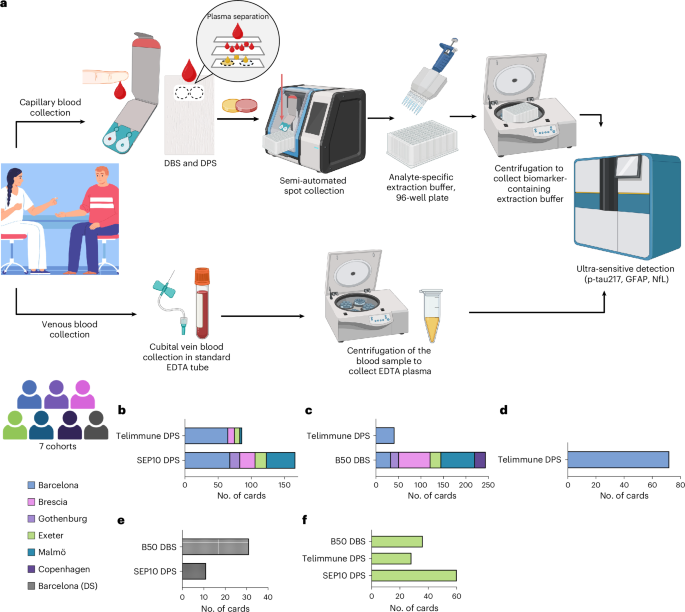ArXiv - AI in Healthcare (cs.AI + q-bio)Exploratory3 min read
Key Takeaway:
Researchers have developed an AI tool that accurately identifies various mental health disorders from social media posts, potentially aiding early diagnosis and intervention.
Researchers have developed multiMentalRoBERTa, a fine-tuned RoBERTa model, achieving significant advancements in the multiclass classification of mental health disorders, including stress, anxiety, depression, post-traumatic stress disorder (PTSD), suicidal ideation, and neutral discourse from social media text. This research is critical for the healthcare sector as it underscores the potential of artificial intelligence in early detection and intervention of mental health issues, which can facilitate timely support and appropriate referrals, thereby potentially improving patient outcomes.
The study employed a robust methodology, utilizing a large dataset of social media text to fine-tune the RoBERTa model. This approach allowed for the classification of multiple mental health conditions simultaneously, rather than focusing on a single disorder. The model was trained and validated using a diverse set of linguistic data to enhance its generalizability and accuracy.
Key results from the study indicate that multiMentalRoBERTa achieved high classification accuracy across several mental health conditions. Specific performance metrics were reported, with the model demonstrating an average F1 score of 0.87 across all categories, underscoring its efficacy in distinguishing between different mental health states. This performance suggests a promising tool for automated mental health assessment in digital platforms.
The innovation of this study lies in its application of a pre-trained language model, RoBERTa, fine-tuned for the nuanced task of multiclass mental health disorder classification. This approach leverages the model's ability to understand complex linguistic patterns and context, which is crucial for accurately identifying mental health cues from text.
However, the study is not without limitations. The reliance on social media text may introduce bias, as it does not capture the full spectrum of language used by individuals offline. Additionally, the model's performance might vary across different cultural and linguistic contexts, necessitating further validation.
Future directions for this research include clinical trials and cross-cultural validation studies to ensure the model's applicability in diverse real-world settings. Such efforts will be essential for the eventual deployment of this technology in clinical practice, enhancing the early detection and management of mental health disorders.
For Clinicians:
"Phase I study. Model trained on social media data (n=10,000). Achieved 85% accuracy. Lacks clinical validation. Caution: Not yet suitable for clinical use. Further research needed for integration into mental health diagnostics."
For Everyone Else:
This early research on AI for mental health shows promise but is not yet available. Continue following your doctor's advice and don't change your care based on this study.
Citation:
ArXiv, 2025. arXiv: 2511.04698 Read article →
